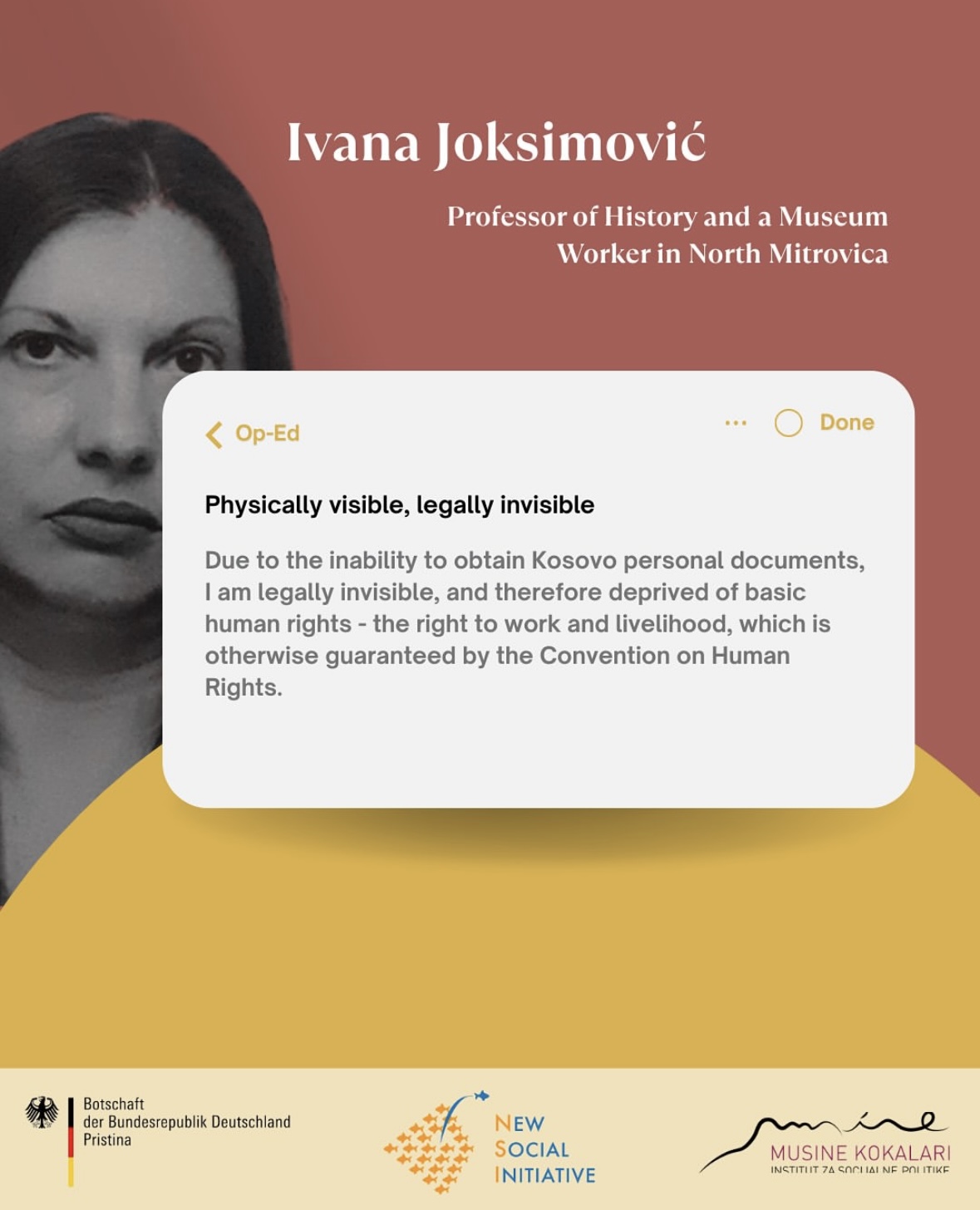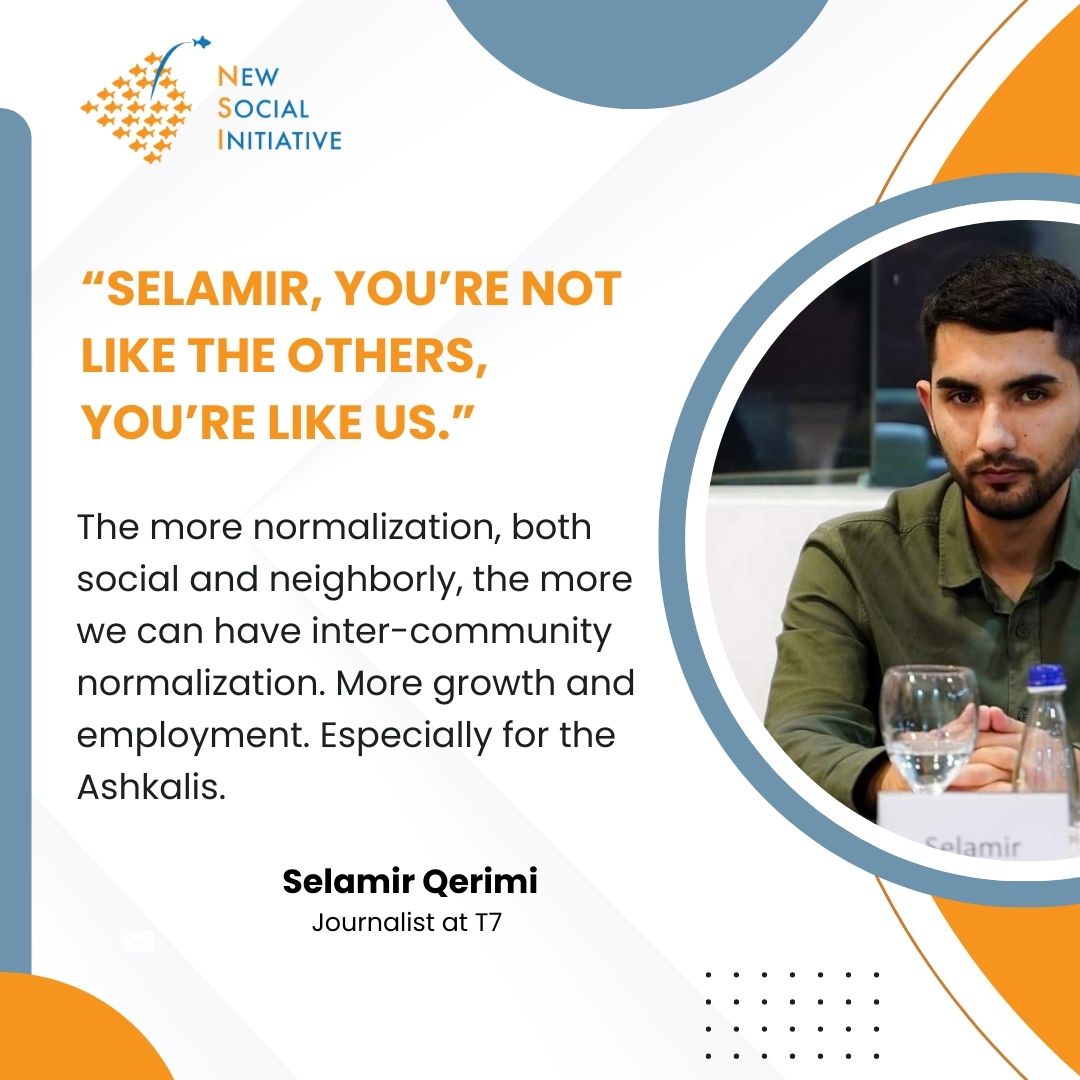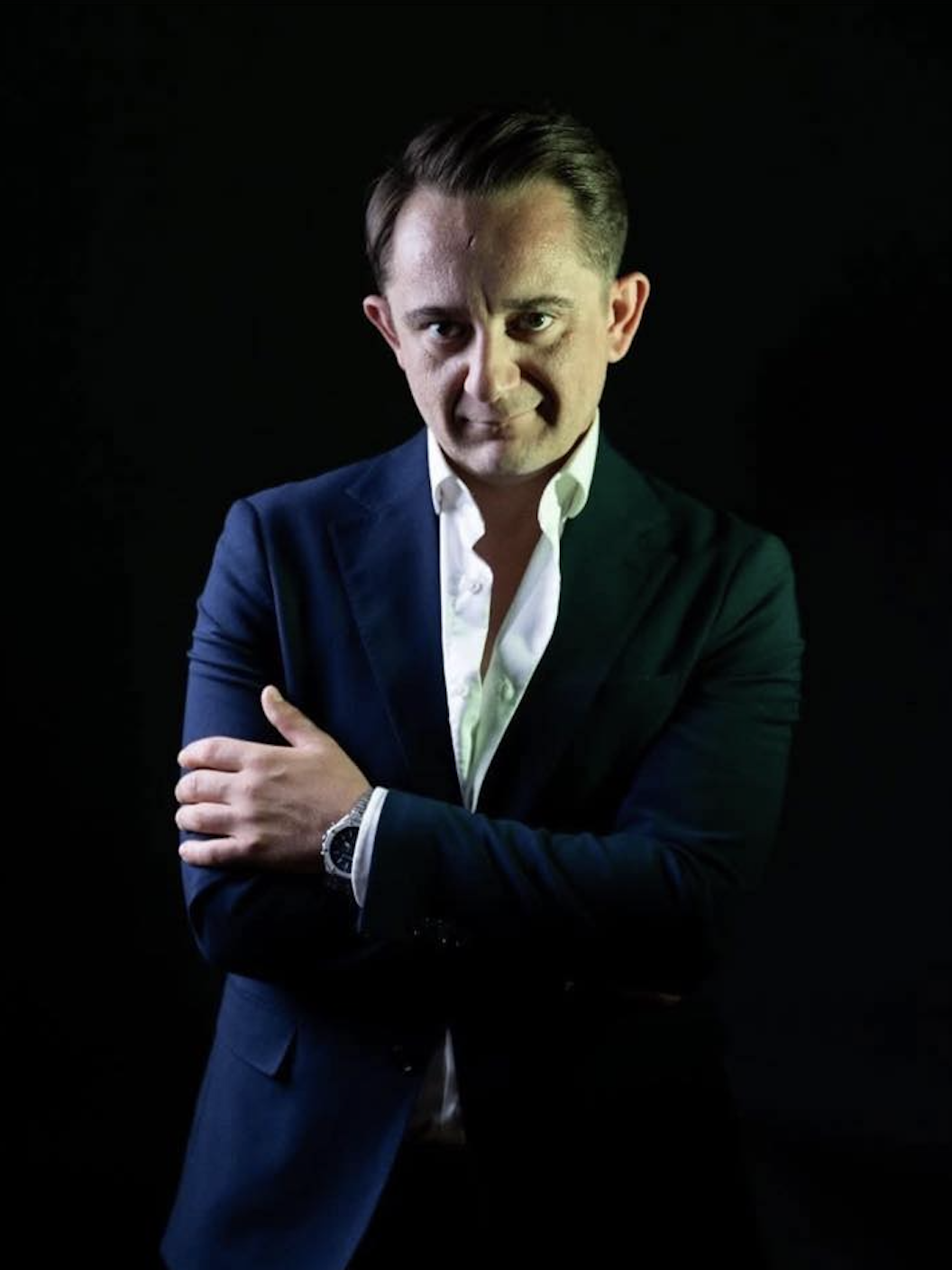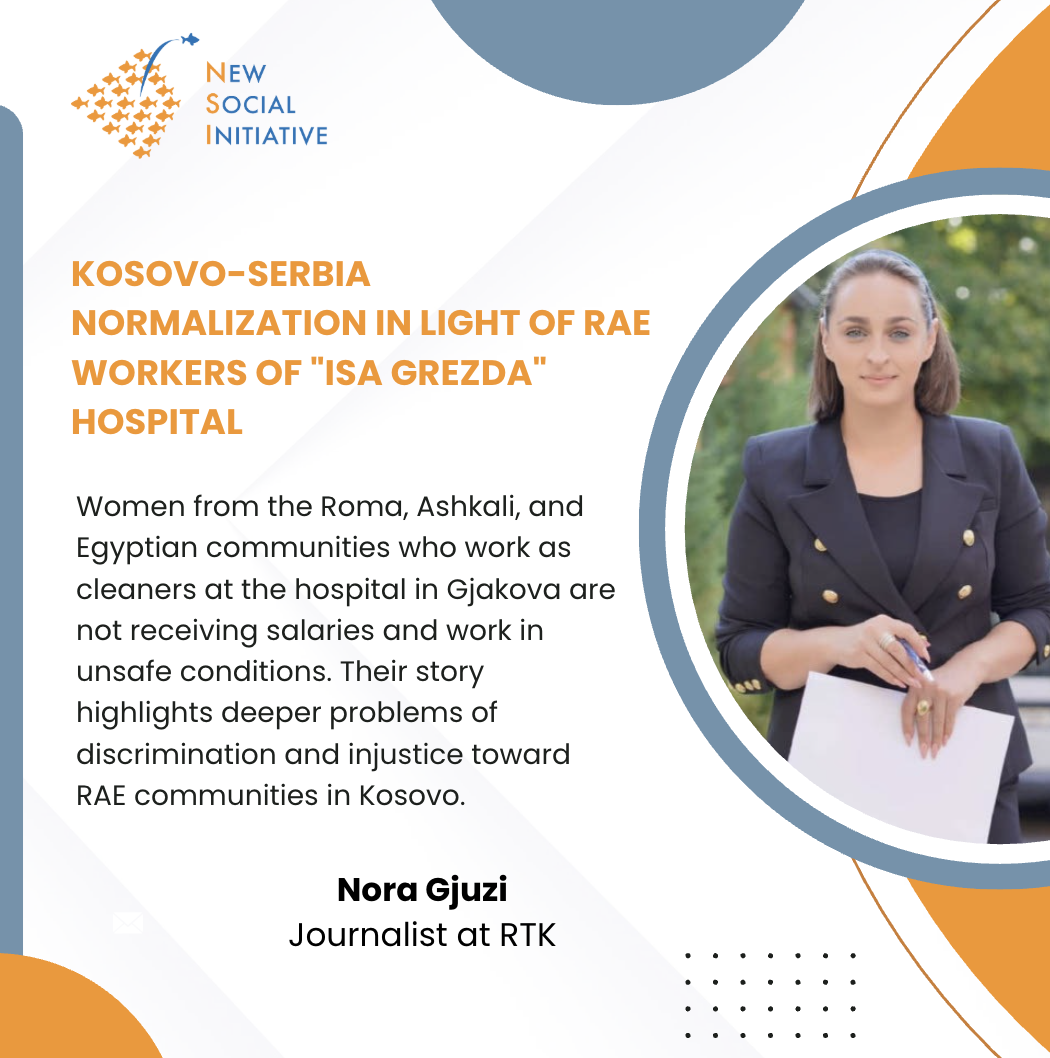From collateral to participants: Bosnians and Kosovo-Serbia normalization
For more than ten years, the dialogue between Kosovo and Serbia in Brussels has been presented as the path to normalization, as the bridge that will connect the future of the two countries on new bases. But while the spotlight has focused almost exclusively on Albanian-Serbian relations, the voices of other communities – such as that of Bosnians – have remained in the shadows. They have never been invited to this table. They have not been mentioned in any agreement. But every agreement affects them, too.
Bosnians are the third largest community in Kosovo. They live in all parts of the country, from Prizren to North Mitrovica. And yet, in political discourse, in decision-making processes and especially in the framework of dialogue, they do not exist. They are invisible.
When the dialogue stalls, as it often does, the consequences are felt more strongly by smaller communities. Institutions get blocked. Public services don’t work. The government can’t get to where it’s needed most. Northern Kosovo was once home to several thousand Bosniaks, today, only a fraction of that population remains.
If a new institutional structure is formed, such as the Association of Serb-majority municipalities, a legitimate question arises: what happens to Bosnians living in those municipalities? Who is going to represent them? Who is going to protect their rights in a mechanism that has not included them since the very start?
Moreover, the feeling of exclusion has instilled apathy and disbelief. Many Bosnians no longer see any meaning in their vote, in institutions, or in political promises. The youth is leaving because they do not see any future in a system that does not acknowledge them. And this is not just a loss for them, it is a loss for the whole of Kosovo.
The state of Kosovo is built on the principles of equality, pluralism and inclusion. It is proud of its multi-ethnic identity. But this identity cannot remain only in constitutional documents or diplomatic brochures. It needs to be translated into real participation. In equal opportunities. In active representation in key processes, including in the dialogue with Serbia.
It is time for the voices of Bosnians to be heard. Not for the sake of balance, but for the sake of fairness. The dialogue cannot be complete without those who live their reality every day. Agreements affecting the lives of small communities cannot be achieved without their presence and consent. On issues related to education, local self-government, public services or language and cultural rights, Bosnians should be on the table and not on its margins.
Bosnians are not asking for favors. They are not asking for special treatment. They are asking for something simpler – to be included. To be heard. To be treated as an integral part of the state they call home. And that is not just their issue. This is a question of democracy in Kosovo.
Long-term peace and stability cannot be built on bilateral agreements, while entire communities feel invisible. Democracy cannot function if it is not inclusive. Representation cannot be legitimate if it is selective. If Kosovo wants to be a European state, it must prove that it is also a state of every citizen regardless.
Bosnians are not the collateral of the dialogue. They are citizens of the Republic of Kosovo. And it is time for them to have their place on the table where the future of the country is decided. Without all of them, this country cannot build a just, equitable, and shared future.
Haris Alija is a photojournalist and filmmaker, working at Radio Television of Kosovo (RTK). This publication was made possible in the framework of the project “Dialogue, Solution, Future”, with the support of the Ministry of Foreign Affairs of the Federal Republic of Germany, implemented by the New Social Initiative (NSI) and the Institute for Social Policy Musine Kokalari. The content does not necessarily reflect the views of the Ministry of Foreign Affairs of the Federal Republic of Germany.










